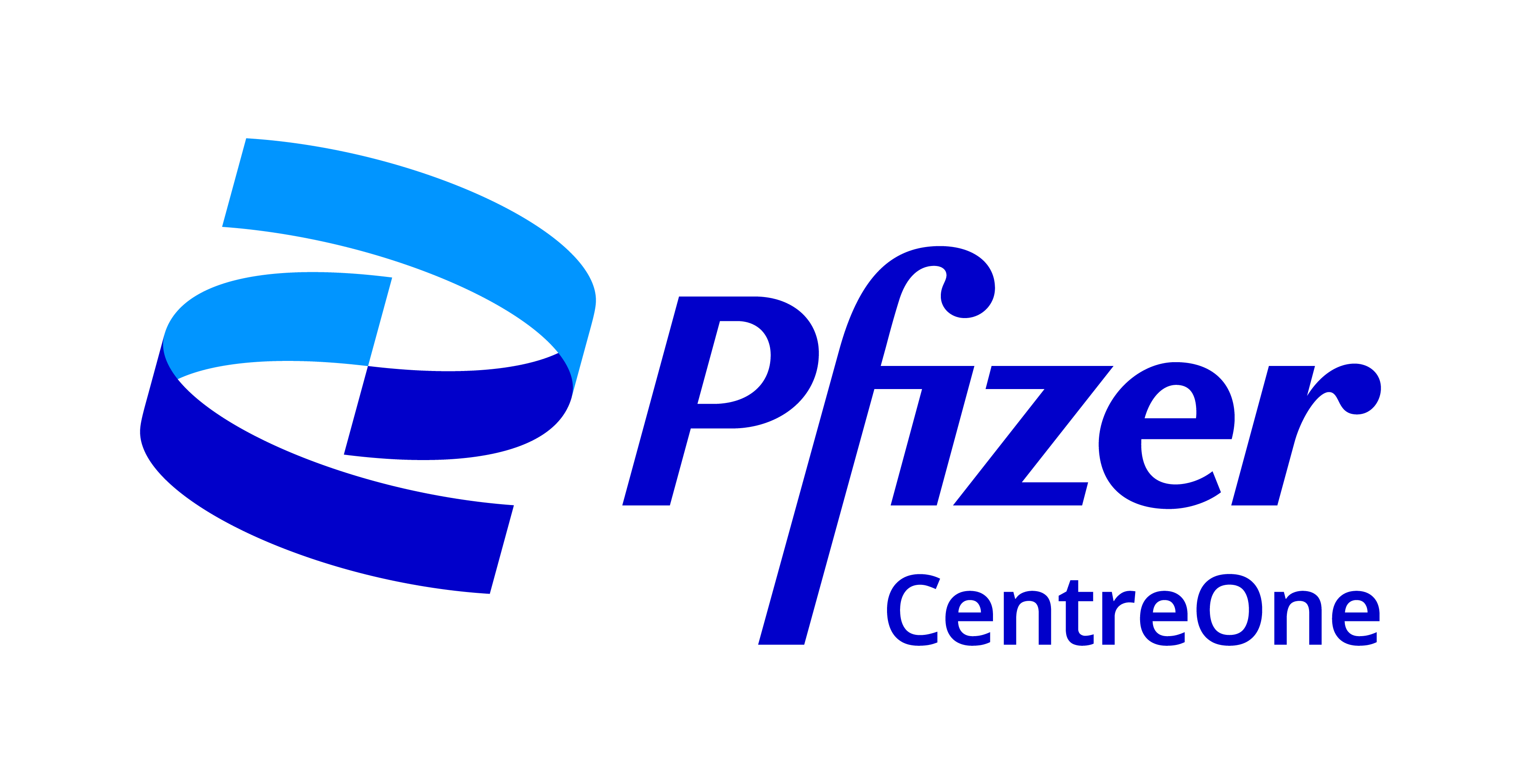CPHI Webinar Series - Key Trends in Contract Manufacturing

Growing demand for pharma and biotech outsourcing presents a tremendous opportunity for CDMOs, but the impact of COVID-19 adds to a growing list of considerations for finding the right commercial partners to deliver critical medicines. A recent CPHI webinar sponsored by Pfizer CentreOne sheds light on the latest trends in both the large and small molecule CDMO space
Contract development and manufacturing organisations (CDMOs) are on the cusp of an exciting opportunity when it comes to future customer demand in the pharma and biotech sectors. The global market for pharmaceuticals reached USD 1.2 trillion in 2018, and going forward, should grow by 4-5% CAGR to reach USD 1.5 trillion over the next few years, according to the IQVIA Institute for Human Data Science.
However, as the global coronavirus crisis continues to unfold, the resolve and efficiency of the industry to continue to deliver critical medicines to patients is being put to the test.
How CDMOs react to evolving demand, while at the same time navigating the complexities of the COVID-19 pandemic and its impact on the industry, is key to their success. This was one of the major themes during a recent CPHI Webinar sponsored by Pfizer CentreOne.
“There has never been a more dynamic market nor a greater role for commercial partners and pharma,” said Stephanie Watson, Director, Strategy & Pipeline Development, Pfizer CentreOne, introducing the webinar. “As more and more companies turn to contract manufacturers to bring their products to market, the CDMO industry is more important than ever before for advancing pharma breakthroughs. In a crowded contract manufacturing marketplace, selecting the right partner for their technical expertise, their commercial knowledge, and specialised technologies is the key to success.”
According to her colleague, Tanya Alcorn, Vice President, Pfizer BioPharma Global Supply Chain, many CDMOs are investing in capacity and capabilities to stay ahead of the growing need: “Each CDMO needs to be really clear on their strategy to build on the capabilities that are specific and niche, but also to make sure they have the right cultural fit to find the right commercial partners.”
"In a crowded contract manufacturing marketplace, selecting the right partner for their technical expertise, their commercial knowledge, and specialised technologies is the key to success" - Stephanie Watson, Pfizer CentreOne
During the webinar, Alcorn also focused on COVID-19’s impact on contract manufacturing.
“COVID-19 has brought supply chains to the forefront; we’ve seen supply chains in different industries struggle through the pandemic, and we’ve seen supply chains show their resilience,” she said. “The pharma industry has largely been very resilient and very strong, and I think it presents an opportunity for us as an industry to continue to showcase our capabilities. It also brings a renewed focus on supply chain management, risk management, and business continuity. “
She added that pharma and biotech companies are in discussions with different governments around nationalistic approaches, having more local sources, and creating redundancies in the supply chain.
“The ability to quickly respond to that environment creates an opportunity for us as pharma and contract partners to leverage the broader contract manufacturing network to help build that business continuity plan and that resiliency without investing in our own network to do that,” she said.
Also speaking in the webinar, Peter Bigelow, President of xCell Strategic Consulting touched on the evolving implications for the industry of COVID-19 and argued that pre-pandemic, there was little focus on in-country pharma outsourcing.
“We were very global in the way we outsourced products and that has changed quite a bit,” he said. “In every country, every major market in every region around the world, there has been a real kind of introspection about understanding where our products are made and that there’s some value in making those products closer to where the patients are.”
Bikash Chatterjee, Chief Operating and Scientific Officer at Pharmatech Associates told the virtual audience that active pharmaceutical ingredient (API) sourcing issues due to COVID-19 had prompted a conversation about on-shoring, the practice of large demand markets such as the US and Europe bringing some of the key overall supply chain components back into an area where it can be controlled.
“There’s a great initiative to see if we can’t incentivise industry to try and bring some of these key upstream elements back onto US soil,” he said.
To listen to the webinar in full and learn more about the latest CDMO trends and developments in both the large and small molecule space, click here.

Related News
-
News 2024 Pharma Industry Trends Outlook: Collaboration, Market Maturity, and Digital Futures
The annual CPHI Online 2024 Pharma Trends Outlook, in partnership with Arvato Systems, identifies 12 key industry trends shaping the life sciences industry in the coming year. -
News New Novo Nordisk AI hub for drug discovery to open in London, UK
Danish pharmaceutical giant Novo Nordisk will be opening an AI-based research facility in the heart of London to advance drug discovery operations. -
News Women in Pharma: Looking back on 2023 and moving forward to 2024
In this monthly series, we interview women from across the pharmaceutical industry and supply chain to discuss the importance of gender diversity in healthcare, the workplace, and beyond. -
News CPHI Barcelona 2023: Loading Potential – Artificial Intelligence for Pharma Manufacturing
During CPHI Barcelona 2023, insightful content sessions offered attendees the chance to explore trending topics with expert speakers and panellists. Here, we summarise what the pharma industry and supply chain are talking about the most. -
News On track at CPHI Barcelona - The Track Sponsor interview: Procaps
In our packed out content sessions at CPHI Barcelona this year we focus on some of the hottest topics coming up in the pharma industry, with each track sponsored by a leading expert in the field. -
News Your Prescription for Marketing Success: Digital Pharma Marketing Toolkit – Free eBook
Download your FREE pharma marketing eBook to learn why it is so important for pharmaceutical marketeers to develop their digital content marketing strategies in order to establish their companies as thought leaders and industry experts. -
News 3 ways ChatGPT will impact pharma marketing teams
What does the rise of AI-powered chatbots such as ChatGPT and GPT-4 mean for pharma marketeers? -
News Pharma needs ‘mindset change’ to unlock benefits of digitalisation – CPHI Frankfurt preview
For more information about digitalisation in pharma, register to attend CPHI Frankfurt 2022.
Position your company at the heart of the global Pharma industry with a CPHI Online membership
-
Your products and solutions visible to thousands of visitors within the largest Pharma marketplace
-
Generate high-quality, engaged leads for your business, all year round
-
Promote your business as the industry’s thought-leader by hosting your reports, brochures and videos within your profile
-
Your company’s profile boosted at all participating CPHI events
-
An easy-to-use platform with a detailed dashboard showing your leads and performance



.png)



